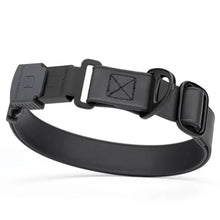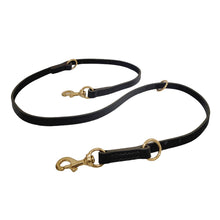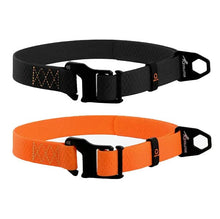5 Critical Questions To Ask Your Vet Before Your Dog Goes Under Anesthesia

Anesthesia is scary for both people and their dogs yet during treatment of injury or illness, it can be unavoidable. It is important to talk to your vet regarding your dog’s past anesthesia experiences and share your concerns over particular risks to the breed of dog you own prior to treatment. Since all dogs are medically treated individually with a specific protocol tailored to each dog, this should offer you some peace of mind when your dog does have to go under.
However, there are some things you can discuss with your veterinarian to help ensure your dog’s anesthesia risk is reduced. While you should ask these questions about all dogs at all ages, there are some breeds that are more prone to anesthesia complications than others. And, some dogs that are more sensitive to anesthesia than others despite their breed.
5 Critical Questions to ask your vet before your dog goes under anesthesia
Although anesthesia is safer now than ever, it still carries risks. If you own a dog, you owe it to your dog to be informed about all medical procedures, including anesthesia, and you should ask your vet these questions before the procedure:
- Will my pet have to get pre-anesthetic lab work?
Your pet should have pre-anesthesia lab work to check for bacterial and viral infections, clotting problems, and kidney, liver and bone marrow function.
- Will my pet be induced intravenously?
In the past, it was common for dogs to be masked with gas. However, according to Dr. Robin Downing, founder of the International Veterinary Academy of Pain Management, says that IV’s are safer. “We have safe and effective agents to put in the vein that help the pet go to sleep smoothly,” she says. “One of the key features of anesthesia is that if you go to sleep smoothly, you’ll wake up smoothly.”
- Will my pet receive intravenous fluids while under anesthesia?
Dehydration and low blood pressure can be side effects of anesthesia. IV fluids help prevent those issues and also provide immediate arterial access to push emergency drugs should an emergency occur.
- Will you monitor my dog’s blood pressure?
Your dog’s blood pressure should be monitored during the procedure to help monitor its condition while under anesthesia.
- Will my dog be kept warm during and after surgery?
Dogs may get cold during anesthesia and surgery and by keeping them warm, their body metabolizes drugs more effectively.
Dogs that are more sensitive to anesthesia include:
- Brachycephalic Breeds - short-faced, snub-nosed, bully breeds
- Sighthounds
- Herding Breeds
- Toy Breeds
- Giant Breeds
- Doberman Pinschers
- Boxers (of UK lineage, in particular)
- Breeds that are prone to cardiac diseases






















